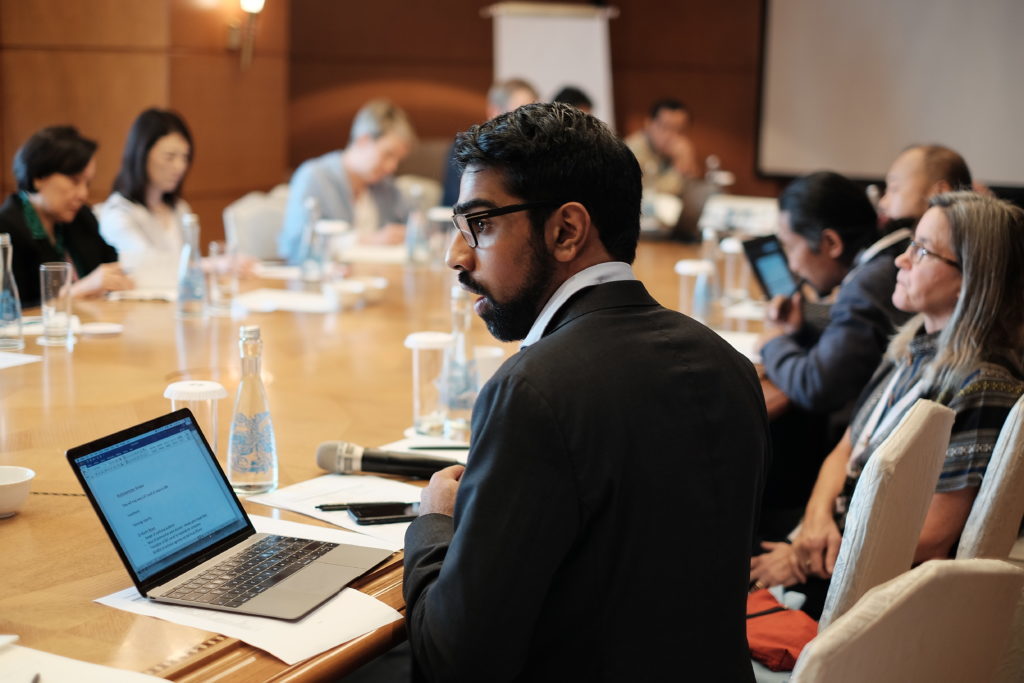
In 2017, EAT co-hosted the workshop ‘Supporting Healthy and Sustainable Diets: Policies, Institutions and Options’ with Chatham House and the Oxford University’s Food Climate Research Network (FCRN) in London. In this recently published article, the workshop conveners outline four key steps that government, business and civil society can take towards change.
Click here to read the outcome article by Dr. Sudhvir Singh, Bernice Lee and Laura Wellesley.
The imminent challenge is to develop tailored roadmaps that have traction among policymakers and business leaders, that are palatable for consumers, and that act on the multiple and incontrovertible imperatives for wholesale transformation to emerge from the EAT-Lancet Commission.Dr. Sudhvir Singh, Bernice Lee, Laura Wellesley
About the Workshop
Healthy and Sustainable Diets: Policies, Institutions and Options convened a core group of scientific and policy experts to discuss the design, execution and implications of ambitious, effective and culturally sensitive policies and strategies towards healthy and sustainable diets. Influenced by the ambitions of the EAT-Lancet Commission in setting scientific targets for healthy diets and food production, the workshop identified actions to steer us in the right direction towards food system transformation.
The workshop was part of the ‘The Land Economy for Sustainability’ series aims to identify key knowledge gaps and to facilitate an in-depth, solutions-orientated consideration of the most pressing challenges facing the global land economy today. This series is supported by the Children’s Investment Fund Foundation.